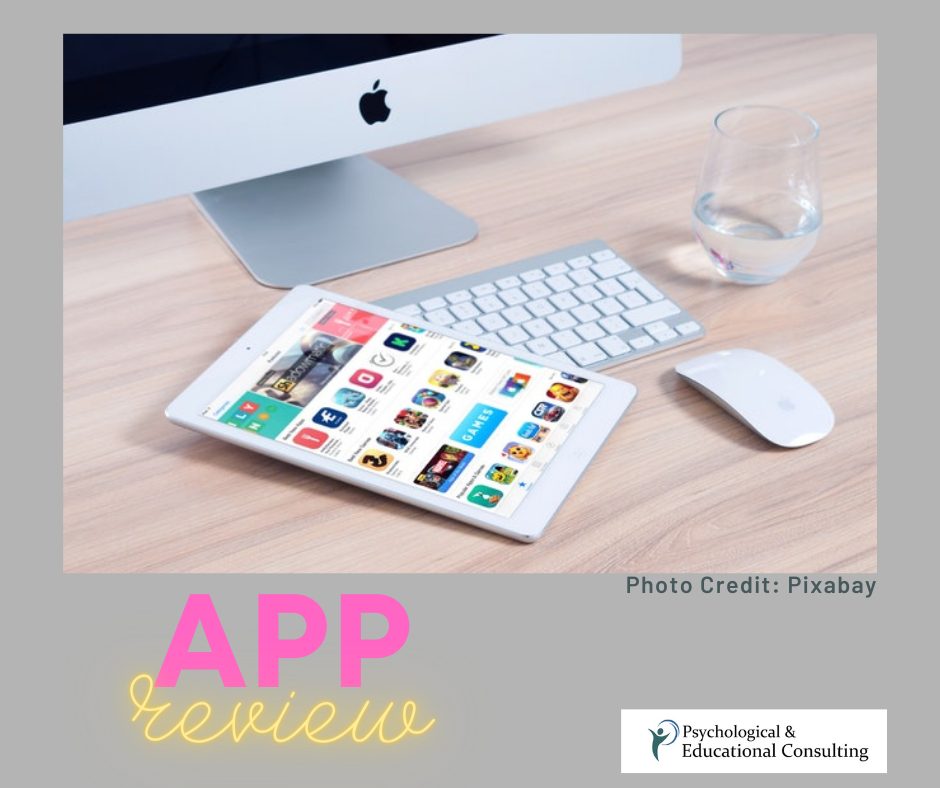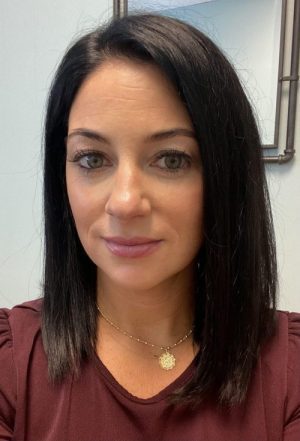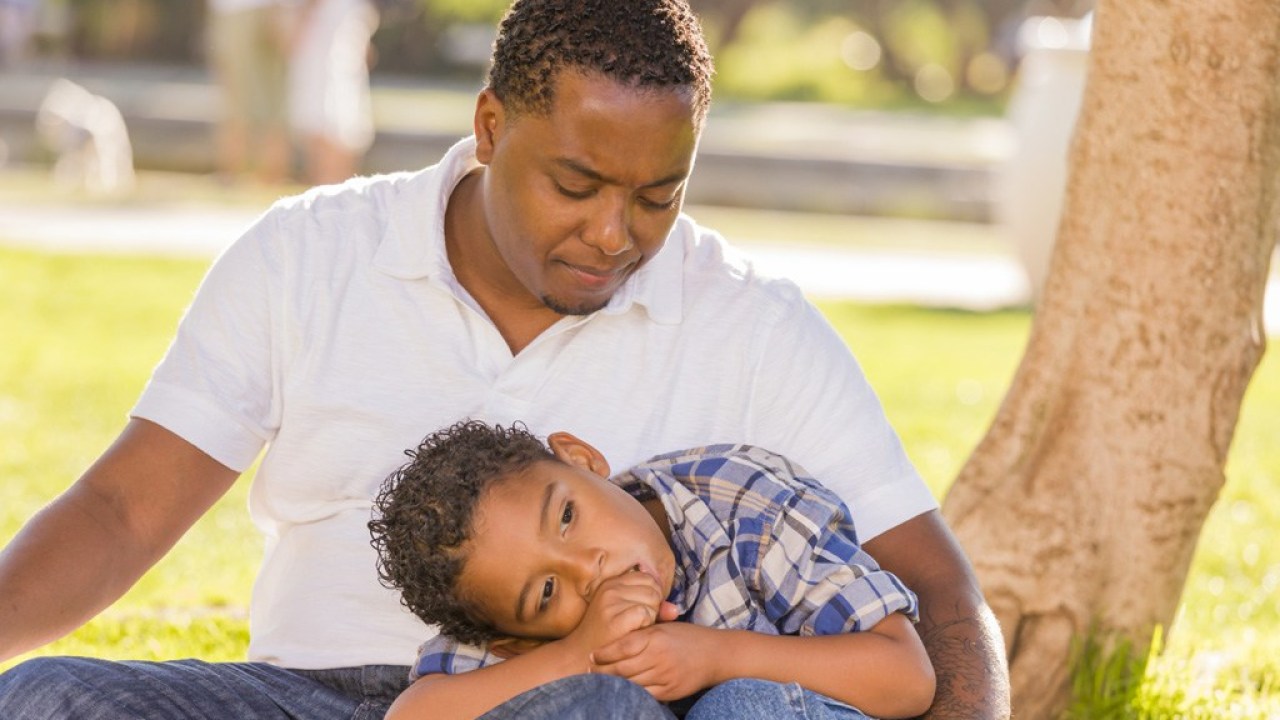5 Charts You Need if Identifying Your Emotions is Difficult
Written by Gabrielle Ferrara, MSW, LSW/ Featured in The Mighty 9/17/2020
“How do you feel?”
No, really. How do you actually feel?
Identifying our emotions can be one of the most difficult things we do on a regular basis. It’s easy to say we are feeling “good” or “happy”; even saying we’re feeling “stressed” has become normalized. However, how we are truly feeling (and why) is often much more nuanced and complicated. Luckily, various artists, authors and researchers in the field of psychology have created charts and tools to help us out. Here are five charts you may need if you have a hard time identifying your emotions.










